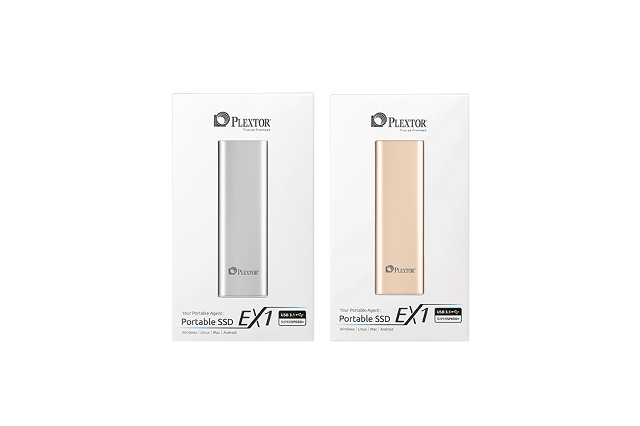
Plextor EX1 SSD targets Apple MacBook Pro (2016) with USB 3.1 Gen 2 Type-C interface
Apple's all-new MacBook Pro looks to be a very well-designed machine. It features Thunderbolt 3/USB Type-C ports only -- something I think is a wise choice. True, those that want to leverage USB Type-A and other ports will need to use dongles, but in a couple years, consumers will be glad to have nothing but the latest-and-greatest connector on their machine. For comparison, look at FireWire, floppy disk, and optical drives -- Apple was panned for their removal too.
If you need to expand storage on your new Touch Bar MacBook Pro, you unfortunately cannot upgrade the internal SSD. Instead, you will need to leverage an external drive using the aforementioned Type-C ports. Plextor has an elegant new product that should meet those external storage needs. Called simply "EX1", it is a USB 3.1 Gen 2 SSD with Type-C connector.
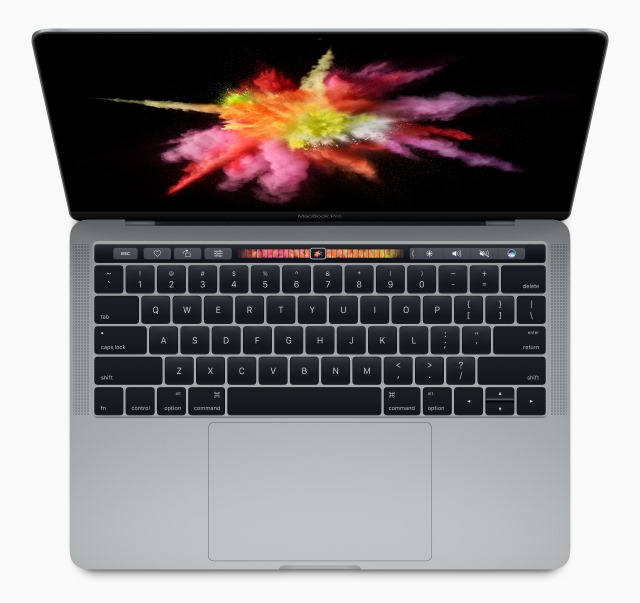
Apple makes 2016 MacBook Pro harder to repair and upgrade
Apple is obsessed with making its products smaller and lighter -- and this shows with the latest-generation MacBook Pro. Both the 13-inch and 15-inch models are more portable than their predecessors, making the prosumer line a much better choice for road warriors. But, knowing that Apple does not always give without taking away, what is the catch?
Well, in the quest to improve the new MacBook Pro line, Apple has made them harder to repair and upgrade. The company is not renowned for making laptops that are easy to service, but with the 2016 MacBook Pro line it is taking things to the next level.

How storage can help fight malware [Q&A]
We tend to think of storage as being a target when it comes to malware attacks with cyber criminals seeking to steal data or encrypt it to demand a ransom. But in fact technology can make storage part of the solution.
Hybrid storage specialist Reduxio believes innovative storage can be used to fight and defeat ransomware and malware. We spoke to Reduxio's Jacob Cherian (VP of product strategy) and Mike Grandinetti (chief marketing and corporate strategy officer) to find out how.

Why you need to know who owns your encryption keys [Q&A]
As companies move more of their data to the cloud it's not surprising that they’re turning to encryption in order to keep their data safe.
But if you're using a third-party cloud provider, who owns and controls the keys to your encrypted data? Rui Biscaia, director of product management at data classification specialist Watchful Software believes it's vital for companies to know.
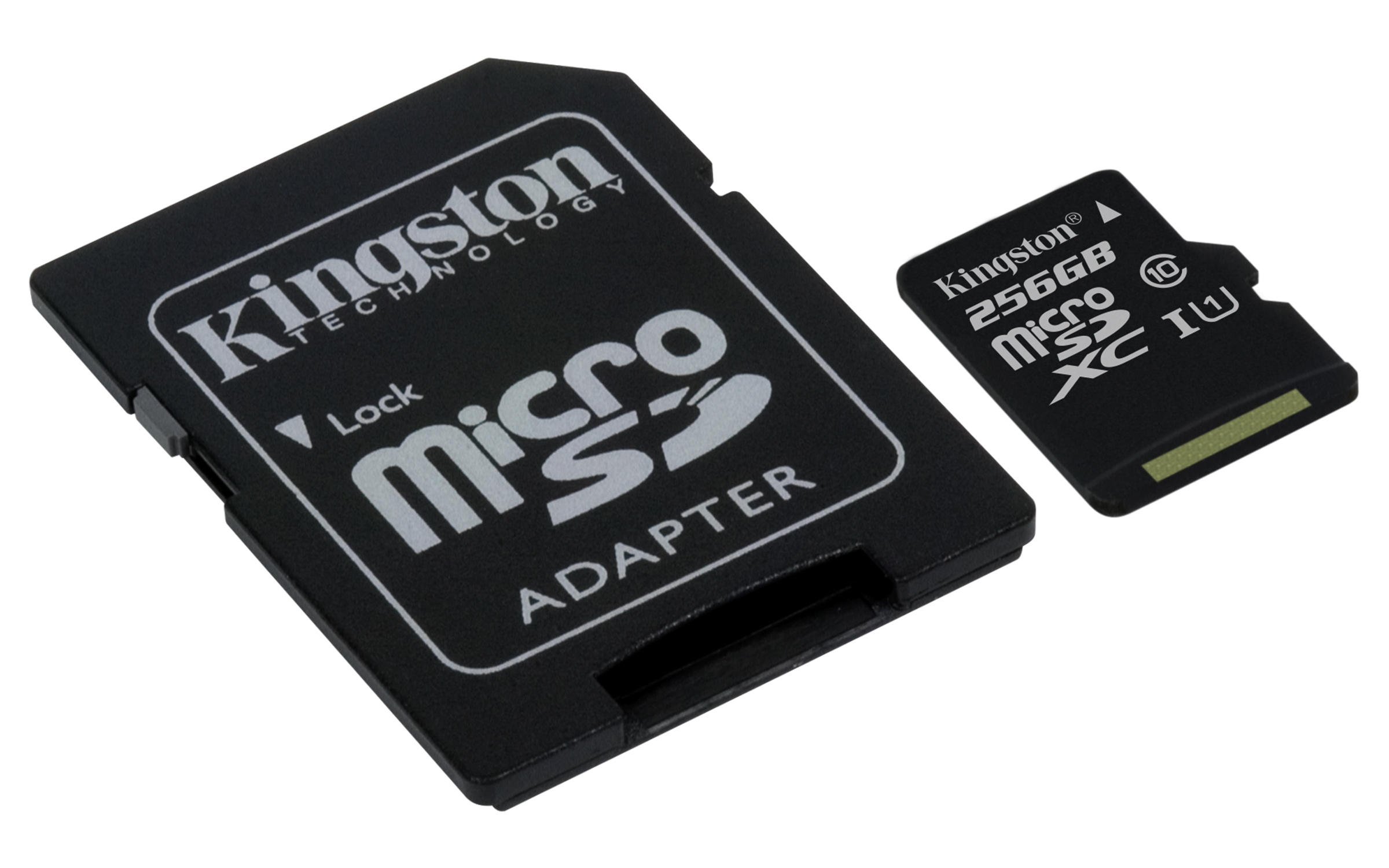
Kingston Digital 256GB waterproof Class 10 UHS-I microSDXC card has lifetime warranty
Believe it or not, I am still amazed by the small physical size of microSD cards. I am from an era where 100MB Zip Disks were revolutionary, so having multiple gigabytes on a card that is smaller than a postage stamp is mind-blowing.
Today, Kingston Digital announces a waterproof Class 10 UHS-I microSDXC card with a massive capacity -- 256GB. If you do not need such a large capacity, however, do not worry -- the company is also offering this line of cards in 16GB, 32GB, 64GB, and 128GB. Since some SKUs are being sold with a full-size SD adapter, it will work brilliantly with cameras, smartphones, drones, and more. Best of all? It comes with an impressive lifetime warranty.
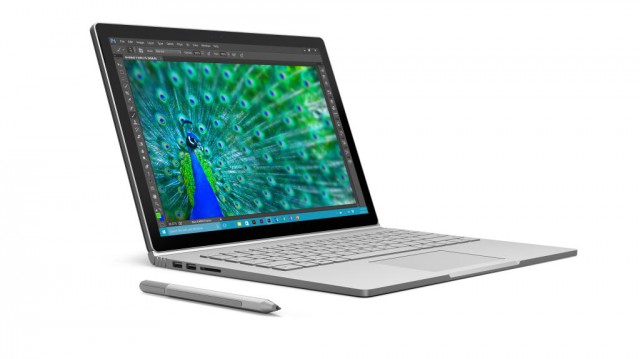
Microsoft expands Surface Book lineup with new 512GB model
Available in a multitude of configurations, the Surface Book can meet the needs of many buyers in the premium segment. But, just in case you are looking for even more flexibility, Microsoft has introduced a new model in the range, which offers a higher storage capacity at a price that does not break the bank.
The Surface Book range is now comprised of seven models, four of which feature dedicated graphics. The other three -- the latest one included -- come with Intel's HD graphics, which is less powerful but not as costly an option. So, what does the new Surface Book model offer?
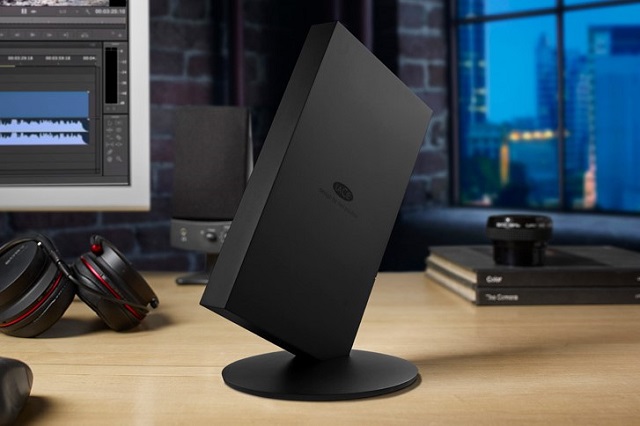
LaCie Bolt3 2TB M.2 PCIe-based Thunderbolt 3 SSD is perfect for new Apple MacBook Pro
Apple's newest MacBook Pro with Touch Bar has four Thunderbolt 3 (USB Type-C) ports, making it amazingly versatile. While all the ports can charge the device, they can all transfer data and video too.
If you are investing in Apple's latest pro laptop, and you need blazing fast external storage, LaCie has a Thunderbolt 3 product that will make you giddy. Called "Bolt3", it offers 2800MB/s read, and 2200MB/s write. The beautifully designed drive also has two Thunderbolt 3 ports, so you can daisy-chain to other devices, such as displays or additional storage.
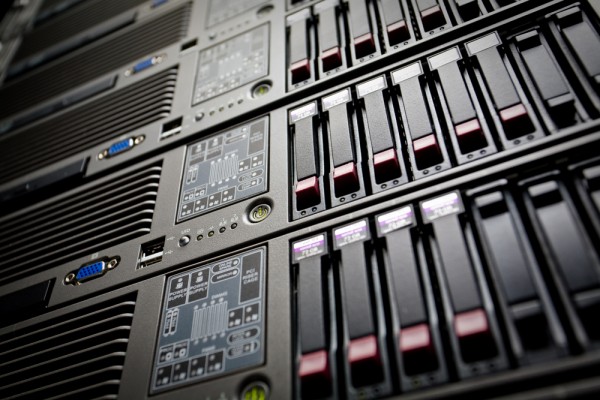
The changing face of the enterprise storage market [Q&A]
The growth of cloud usage, increasing volumes of information and a switch towards software defined systems based on commodity hardware have all had an impact on the storage market.
About a year ago we spoke to Mark Lewis, Chairman and CEO of storage specialist Formation Data Systems to get his views on the future of enterprise storage. This week we caught up with Mark again to find out how much the market has changed in just a short time.
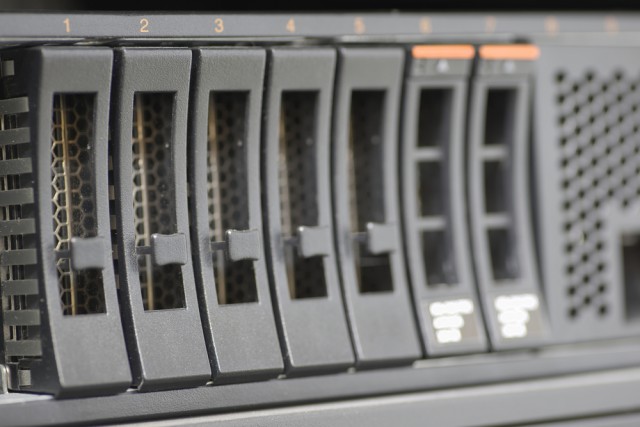
Flash storage adoption is on the rise in UK
A new survey carried out by data management company NetApp reveals the trends in flash storage adoption throughout various industries in the UK.
The legal industry is currently leading the way, with (50 percent) of respondents having already adopted it. This is followed by finance and manufacturing (both at 46 percent), education (42 percent) and IT and telecommunications (40 percent).
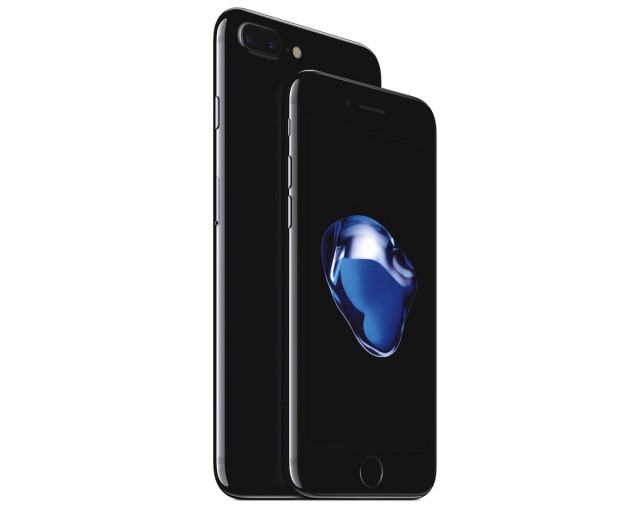
Not every iPhone 7 is created equal
Depending on which iPhone 7 or iPhone 7 Plus version you buy, you may experience slower storage and cellular speeds compared to other models in the lineup -- and, at least when it comes to the wireless performance, there may be nothing that you can do about it.
A report on the storage performance of the base iPhone 7 Plus, which features 32GB of storage, reveals that it is a couple of times slower at the same task than a 128GB iPhone 7, in both synthetic and real-life benchmarks.

What you need to know about object storage
Storage architectures from the early days of computing typically used block storage and managed data as hierarchy of files. While this was fine when the amount of data involved was relatively small, as storage requirements grew it meant that the management of data became a major task. What was needed was a way of making handling data simpler whilst allowing scalability and ease of access to the information.
Object storage treats data as objects, each being made up of the data itself, metadata that defines it and a unique identifier. The advantage of this is that it makes it possible to store large amounts of unstructured data in a way that’s affordable, scalable and capable of a degree of self-management. In recent years its use has been driven by online sharing and streaming services, allowing a diverse range of digital content to be easily and quickly accessed from anywhere without the need for complex, specialist software.
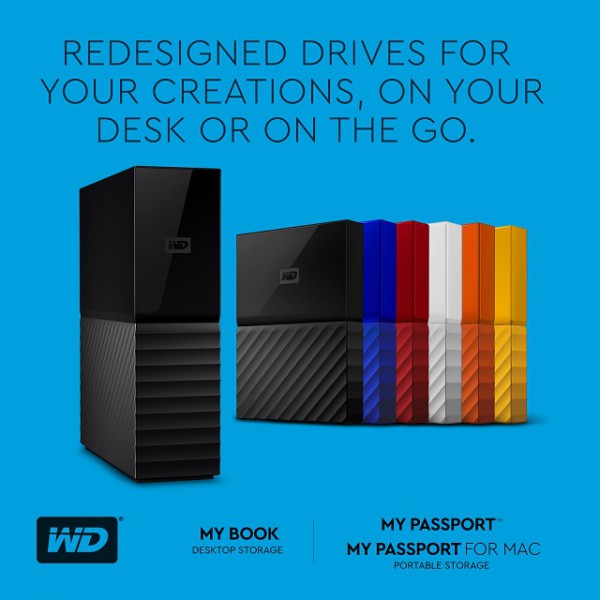
Western Digital redesigns 'My Passport' and 'My Book' USB hard drives for Windows and Mac
USB hard drives can be an important part of your backup plans. Whether for home or business, they allow you to easily backup your files and then take them with you. You can even lock the drive in a safe for extra security. While you can also use the cloud for backing up data, redundancy with a USB HDD is very smart -- just in case.
Western Digital's USB hard disk drives are wildly popular, and today, the company announces a refresh of two such models for Windows and Mac -- the 'My Passport' and 'My Book'. The concept is the same -- a mechanical hard drive in a USB 3.0 enclosure -- but they are now more stylish. The My Passport comes in six fun colors -- the Type-A cable even matches!
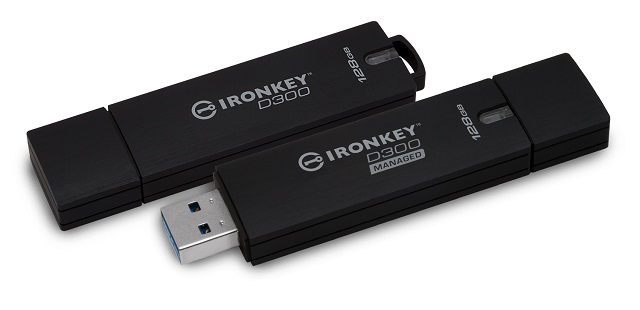
Kingston IronKey D300 USB Flash Drive has FIPS 140-2 Level 3 256-bit AES-XTS hardware encryption
Flash drives are less popular nowadays thanks to cloud storage. While the cloud offers convenience, there is extra control and security when local storage is used. Remember folks, when you leverage the cloud, you open yourself up to deficiencies of a third-party company -- a mass data breach could expose your secret files. For a business in particular, this could mean the loss of important information, or the leak of confidential information. Your company's reputation could be tarnished as a result.
If you are more comfortable using USB flash drives for storing and transmitting data, encryption is a must -- hardware being the best. Today, Kingston unveils the IronKey D300 USB Flash Drive. To secure your data, it uses FIPS 140-2 Level 3, 256-bit AES-XTS hardware encryption. There is also a "managed" version of the drive which allows companies to impose its requirements on employee-used drives.
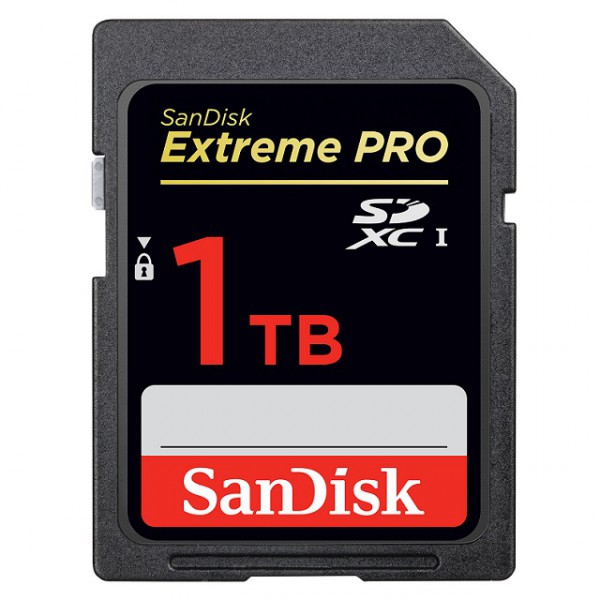
SanDisk announces world's first 1TB SDXC card
My first computer in the 1990's came with a 4GB hard disk drive -- very spacious at the time. When my friends saw the capacity, I was instantly the envy of the neighborhood. Nowadays, 4GB is rather pitiful. Modern memory cards, some smaller than a postage stamp, can dwarf my first computer's capacity. That's technology, folks -- everything gets better, and your current tech loses its luster.
Today, SanDisk (a Western Digital company) announces a product that is a major milestone in the technology market -- the world's first 1TB SDXC card. In other words, that is a monstrous 1,000 gigabytes. To put that in perspective, Apple only just stopped putting 16GB storage capacities in the iPhone. This card, which is only a prototype for now, will be a dream for photographers, allowing them to save more photos than ever before. Of course, if the card fails, that is a lot of data to lose...
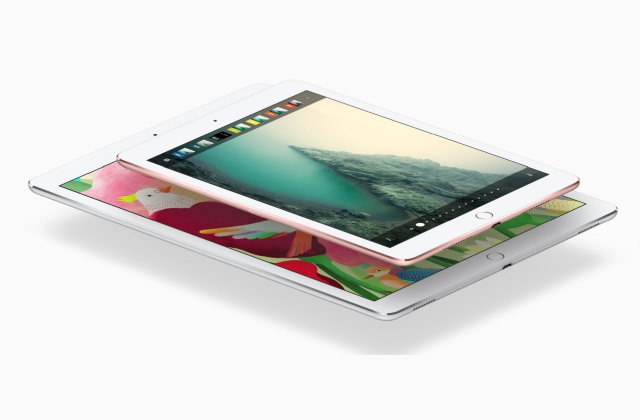
Apple bumps up the iPad's storage, drops Pro prices
Apple yesterday unveiled new iPhones and the Apple Watch Series 2, but did not announce any changes related to the iPad line. Some folks expected it to unveil new models, but the company had other things in mind for its popular tablets.
One of the main changes that Apple introduced with the iPhone 7 and iPhone 7 Plus is the bump in base storage to 32GB, up from the 16GB that previous models shipped with at the entry level. That is a change that Apple has quietly applied to the iPad line too, along with a drop in price for the Pro models.
